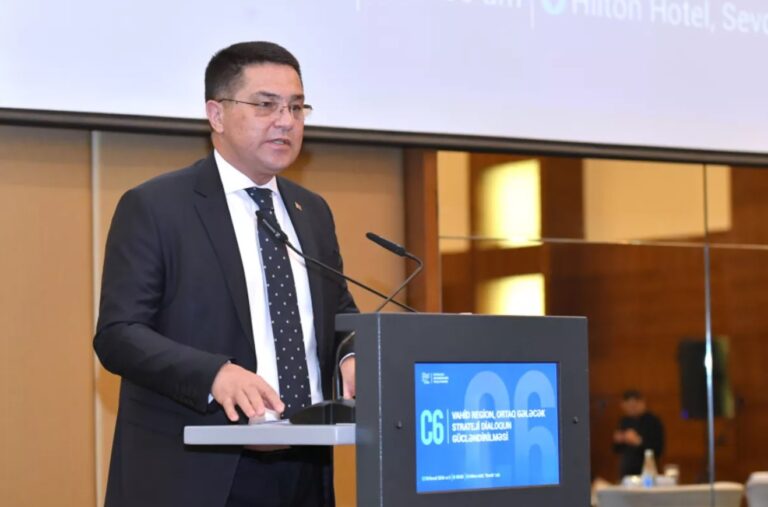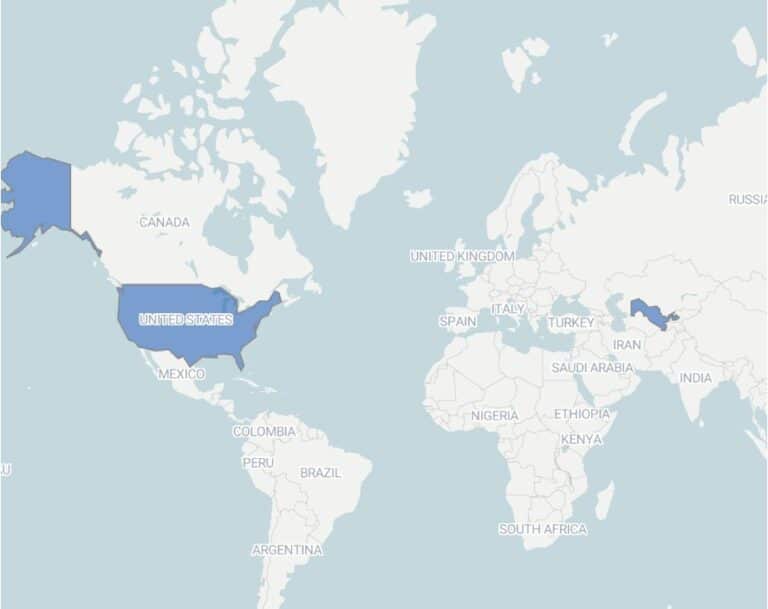
The final session of the industry conference “Uzbekistan’s Capital Market: New Investment Opportunities” organised by Kursiv Uzbekistan focused on IPOs (Initial Public Offerings) and capital raising via the stock exchange. This session was moderated by Timur Khasanov, Secretary General of the National Association of Investment Institutions (NAII — an umbrella organisation for Uzbekistan’s key investment players). The panellists included representatives of both international and domestic exchange infrastructure, investment firms and the analytical community.
Ayuna Nechaeva: It’s Time for Uzbekistan to Enter Global Markets
London as a Gateway for Uzbek Capital
The session opened with a speech from Ayuna Nechaeva, Head of Europe Primary Markets at the London Stock Exchange. Speaking online, she noted that Uzbekistan is already successfully attracting capital through London:
«Companies from the republic have issued bonds worth nearly $2 bn including a $300 mln issuance by Navoiyuran just last week.»
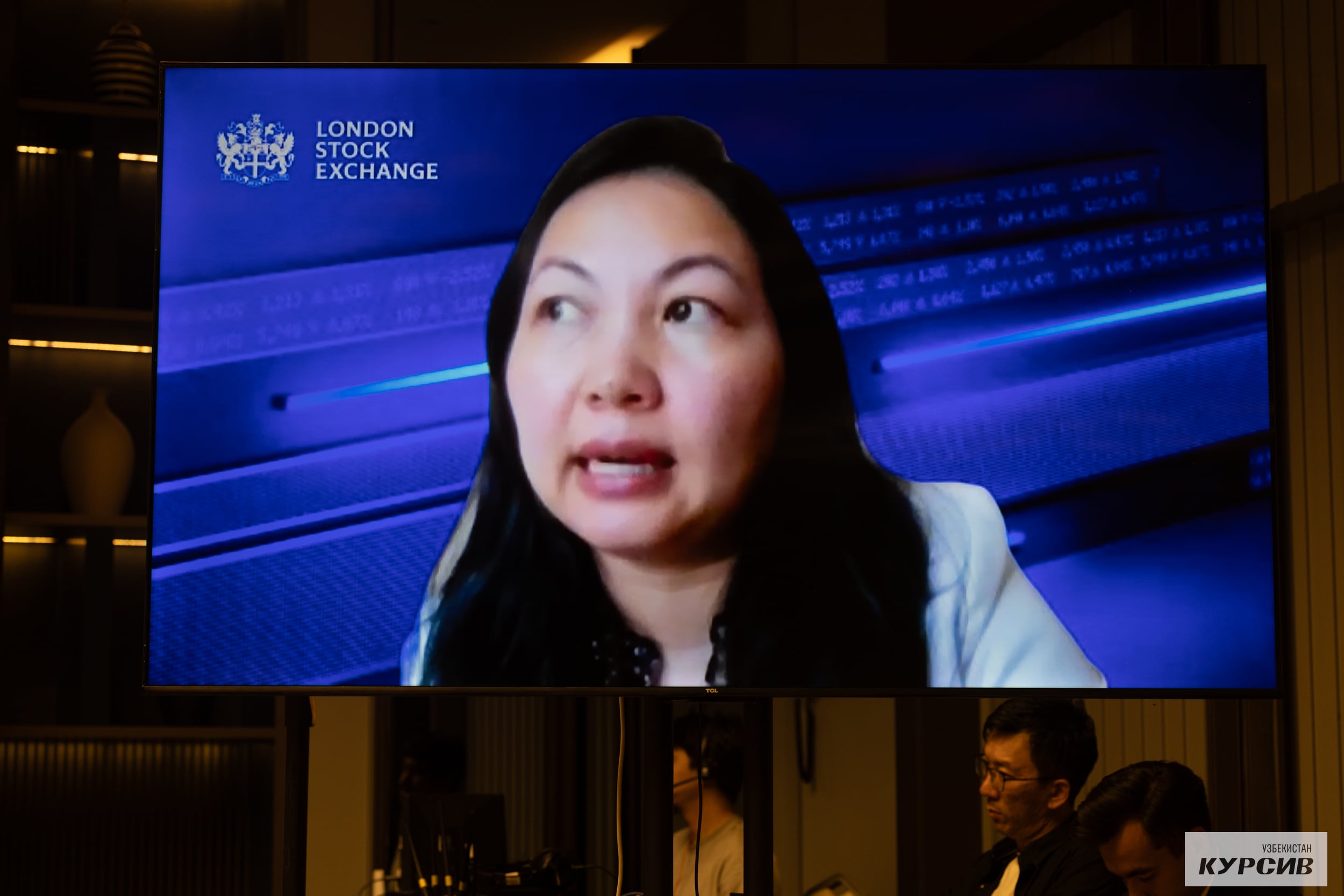
According to Nechaeva, European markets currently offer more stability than the US making them attractive to investors looking for lower volatility and more transparent jurisdictions:
«The London Stock Exchange remains the largest in Europe and continues to see strong activity amid global turbulence.»
AIM and Regional Examples: The Path to Listing
Nechaeva explained that only 38% of capital at the LSE comes from the UK with the remainder coming from the US, Europe and the Middle East — making it particularly attractive for companies from emerging markets including Uzbekistan.
She highlighted the AIM (Alternative Investment Market) platform which is designed for fast-growing businesses and has simpler requirements than the main market while still offering access to global investors:
«It’s an ideal path for fast-scaling companies including startups at Series C or D stage.»

Nechaeva also referenced the example of Kaspi, a Kazakh fintech that initially listed in London and grew its market capitalisation from $6.5 bn to $29 bn before moving to the US where its share price declined following criticism from short sellers:
«Investors in London better understand regional risks. It’s a platform for sustainable growth not speculation.»
What Uzbek Companies Need for IPO Readiness
As guidance for Uzbek businesses she emphasised three core requirements: corporate governance with independent directors, transparency and reporting under IFRS (International Financial Reporting Standards) or NSAS (National Standards of Accounting of Uzbekistan) and a strategic approach to public listing:
«A good IPO takes 3 to 6 months. The key is to start early and choose the right partner — broker, lawyer, exchange.»
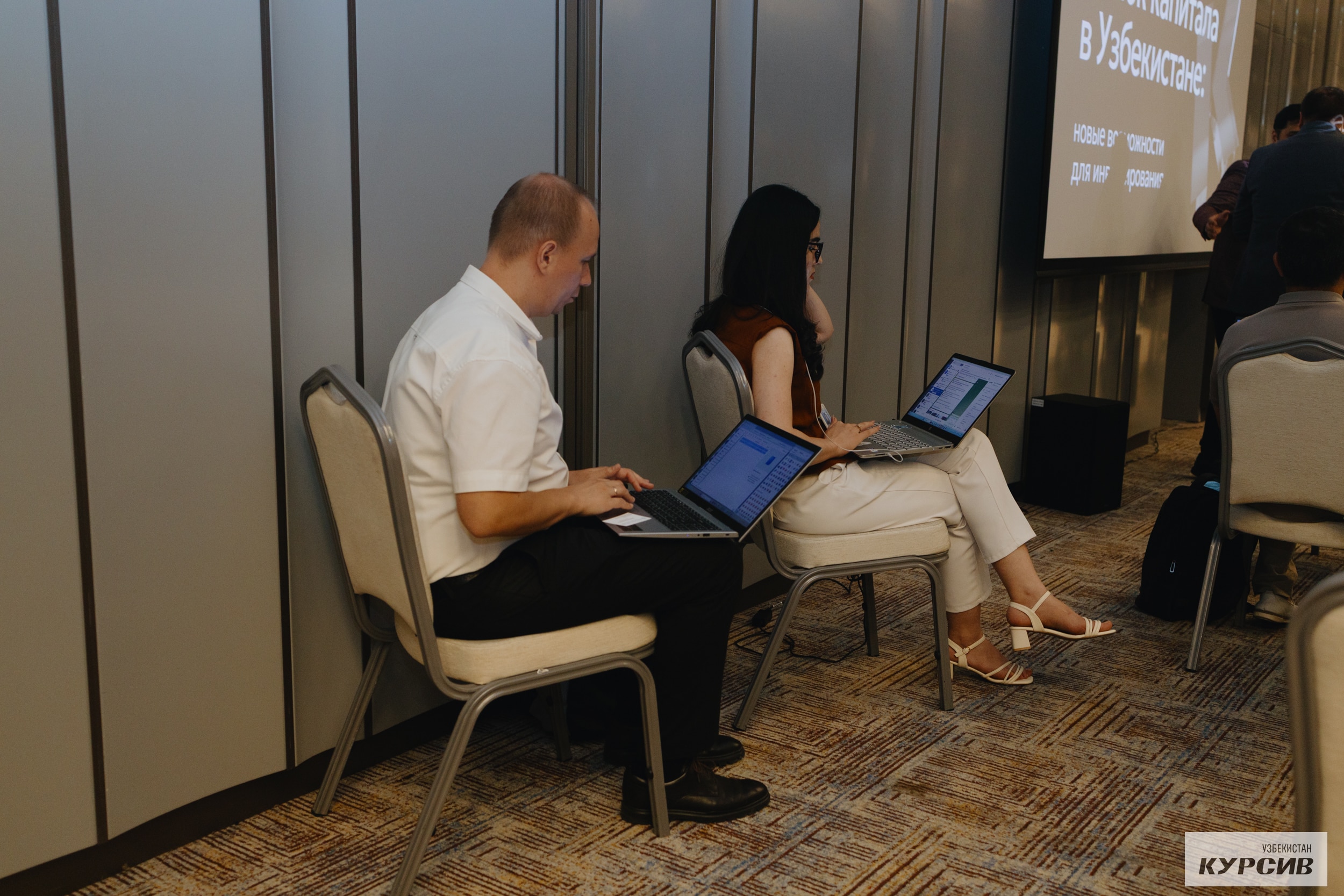
Farrukh Khojayev: Don’t Overlook Bonds
IPO vs. Bonds: Two Different Approaches
Farrukh Khojayev, Chairman of the Board at KAPDEPO Investment Company, continued the discussion by highlighting the practical differences between IPOs and bonds:
«There are two ways to enter the market: IPOs and bonds. IPOs are for when you’re ready to share ownership. Bonds are for raising funds without changing the ownership structure.»
What Investors Expect from Issuers
He explained that even small and medium-sized companies can issue corporate bonds provided they have clear financing goals — such as construction, launching production or working capital. He also noted that there is still a shortage of institutional investors on Uzbekistan’s capital market.
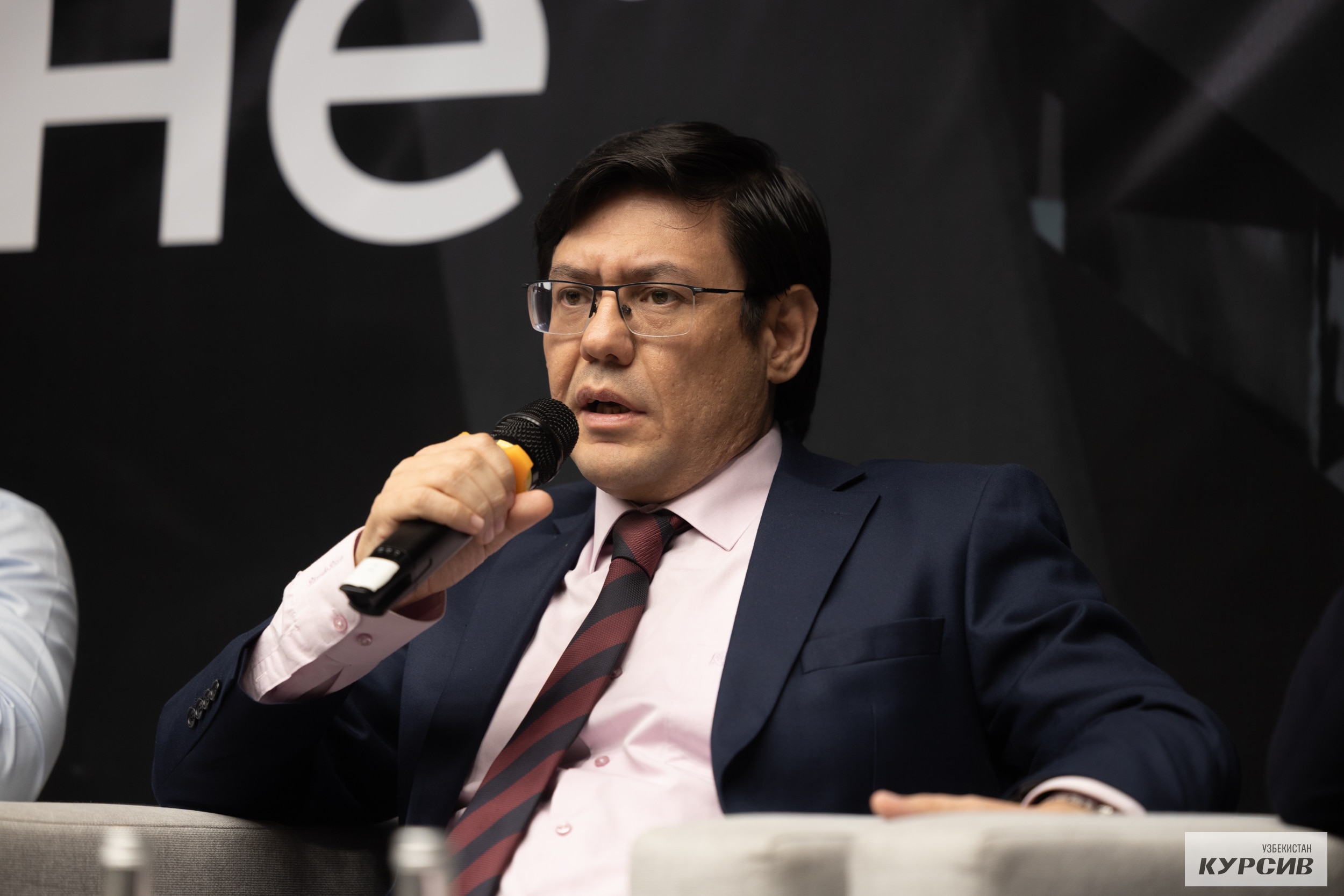
Khojayev cited the example of the IPO by Uzinsurance (Uzbekinvest) which offered preference shares with a fixed annual yield of 24% combined with secondary market liquidity — making it an attractive and transparent investment option.
He stressed that issuers must choose their underwriters carefully and also ensure they have auditors, consultants and a strong IR (Investor Relations) team in place. Without these elements the listing process becomes more complex and investor interest is limited.
Vladimir Lindel: Listing Rules Must Be Clear
Requirements for Issuers in Uzbekistan
Vladimir Lindel, Head of Business Development at the Republican Stock Exchange (RSE) «Toshkent,» said that Uzbekistan’s listing requirements are relatively lenient compared to international platforms. Issuers need to meet legal, financial and corporate criteria, report under IFRS or NSAS, appoint independent directors and disclose material facts and ownership structures.
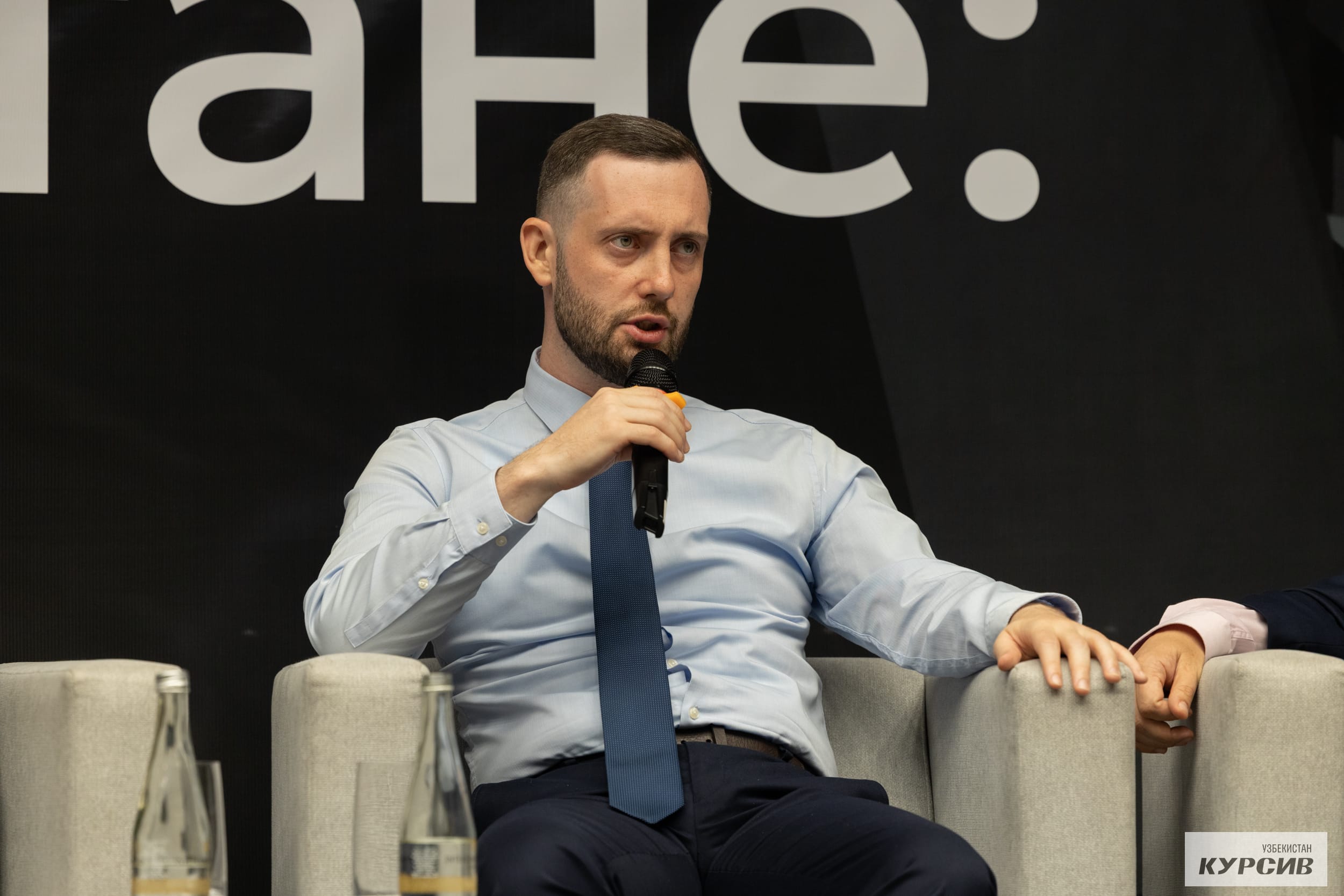
He noted that many companies hesitate to list because of the perceived loss of operational flexibility and the administrative burden. Becoming a joint-stock company requires additional disclosures, shareholder meetings and regulatory compliance.
Preparation and Risk Mitigation
The IPO preparation process can take up to 18 months. During this period companies must establish proper governance, conduct audits, develop an IR strategy and engage a team of advisors. Lindel highlighted the importance of experienced consultants from firms like KPMG and EY (Ernst & Young) who help minimise risks.
He added that serious failures are rare as companies are filtered early and only proceed to listing when fully prepared. Most mistakes in his view occur not on the exchange but earlier — at the planning and readiness evaluation stages.
Boris Bondar: SMEs Fear Transparency
Why Businesses Hesitate to Go Public
Boris Bondar, Investment Analyst at Freedom Broker, believes the main barrier to IPOs for small and medium-sized enterprises (SMEs) is psychological rather than legal. Despite having the legal tools many business owners are reluctant to disclose ownership structures, capital and cash flows.
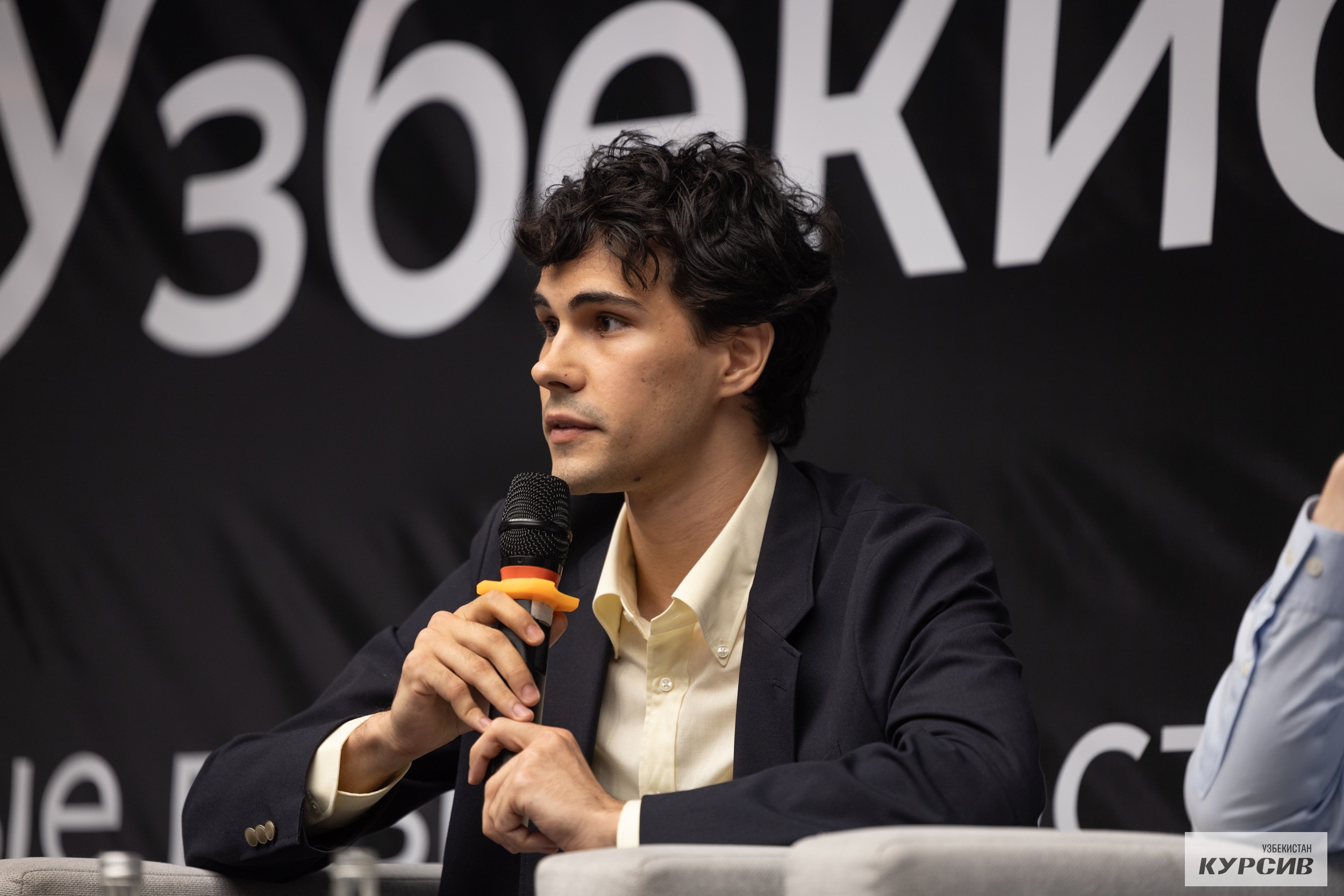
He noted that SME owners are often focused on operational control rather than long-term value creation. For them an IPO feels like a loss of control rather than an opportunity for strategic growth.
Changing Market Perceptions
Bondar argued that change will come through showcasing successful public listings. Companies that complete IPOs and increase their market value become examples for others.
He also highlighted the need to improve financial literacy. As long as transparency is viewed as a vulnerability the market will struggle to progress. According to Bondar, openness reduces risk premiums and builds investor trust — the cornerstone of capital markets.

A Growing Market Needs Bold Business
Panellists agreed that making Uzbekistan’s capital market more accessible requires not only streamlined procedures and more tools but also trust — both in the system and from market participants. Only with a transparent infrastructure and a mature market culture can a stable pipeline of listings emerge.







